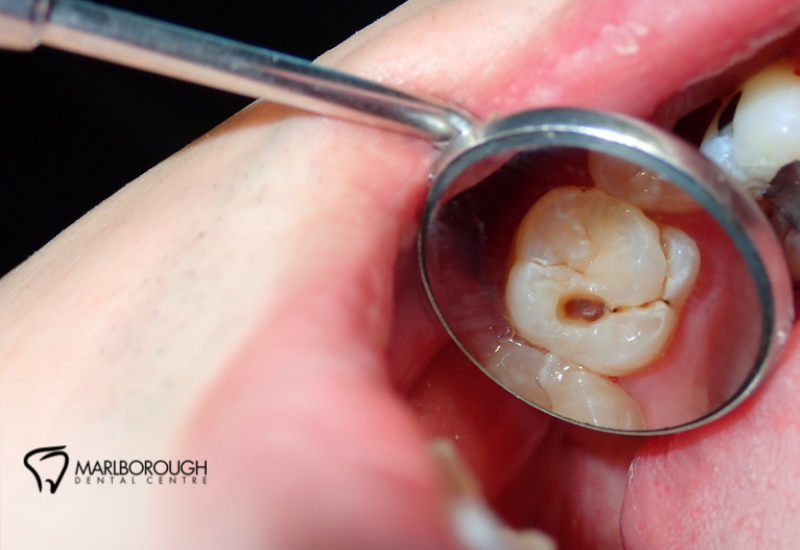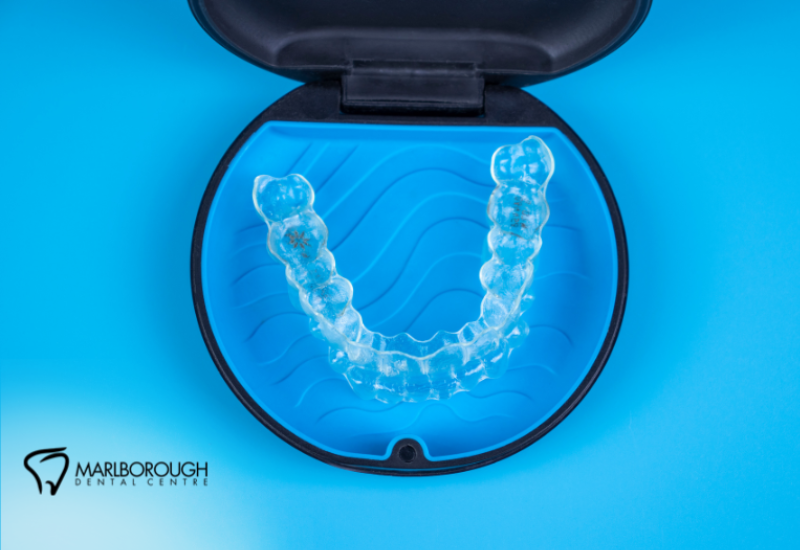Flossing Reaches Where Toothbrushes Can't
Toothbrushes are excellent tools for cleaning the surfaces of your teeth, but they have their limitations. They can't reach the tight spaces between teeth, where plaque and food particles often accumulate. These areas become breeding grounds for bacteria, leading to issues like cavities and gum disease. Flossing is specifically designed to clean between teeth and along the gumline. It reaches places that a toothbrush simply cannot access effectively. By sliding floss between your teeth and gently scraping the sides, you remove debris and plaque, preventing potential dental problems.
Prevention of Gum Disease
Neglecting to floss can lead to gum disease, a common oral health issue. Gingivitis, the initial stage of gum disease, is characterized by red, swollen gums that bleed easily. If left untreated, it can progress to periodontitis, a more severe form of gum disease that can lead to tooth loss. Regular flossing is one of the most effective ways to prevent gum disease. It removes plaque and food particles that can irritate the gums and lead to inflammation. By maintaining healthy gums through flossing, you reduce your risk of developing gum disease.
Flossing for Fresh Breath
Bad breath, or halitosis, can be a source of embarrassment and social discomfort. It is often linked to poor oral hygiene and the presence of odor-causing bacteria in the mouth. These bacteria thrive in the spaces between teeth where a toothbrush cannot reach. Flossing is an effective way to combat bad breath. By removing the food particles and bacteria lodged between your teeth, you eliminate the source of foul odors. Regular flossing, combined with brushing and mouthwash, can help you maintain fresh breath.
Flossing for Preventing Cavities
Dental cavities, or caries, are a common dental problem caused by the acid-producing bacteria in plaque. When plaque is left to accumulate between teeth, it can erode tooth enamel, leading to cavities. Flossing plays a crucial role in preventing cavities. By removing plaque from the interdental spaces, you reduce the likelihood of acid attacks on your teeth. Regular flossing, in conjunction with brushing, helps maintain the integrity of your tooth enamel.
Overall Health Implications
The importance of flossing extends beyond your oral health. Emerging research suggests a connection between gum disease and systemic health issues, including heart disease, diabetes, and respiratory problems. Maintaining good oral hygiene, including flossing, is a step toward better overall health. Flossing is an integral part of a comprehensive approach to well-being. It complements brushing and regular dental check-ups, ensuring that your oral health remains in optimal condition. By making flossing a habit, you not only protect your teeth but also contribute to your overall health and quality of life.
Flossing is not an optional extra in your daily dental routine; it is a vital practice that can make a world of difference to your oral health. From preventing gum disease and cavities to ensuring fresh breath and supporting overall well-being, the importance of flossing cannot be overstated. Make it a habit, and you'll be rewarded with a beautiful, healthy smile that lasts a lifetime.
Written on behalf of Marlborough Dental Centre.
FAQs
Q: Why is flossing necessary if I brush my teeth regularly?
A: Flossing is essential because it reaches areas between your teeth and along the gumline that a toothbrush can't access effectively. It helps remove plaque, food particles, and bacteria in these tight spaces, preventing dental issues.
Q: How often should I floss, and is there a specific technique to follow?
A: It's recommended to floss at least once a day. The proper technique involves gently sliding the floss between your teeth and curving it around each tooth in a C-shape to remove debris and plaque. Your dentist can provide personalized guidance.
Q: Is flossing only about dental health, or are there broader health benefits?
A: Flossing is not just about dental health; it has broader implications for overall well-being. Emerging research suggests a connection between gum disease and systemic health conditions like heart disease and diabetes. By maintaining good oral hygiene, including flossing, you may support better overall health.




